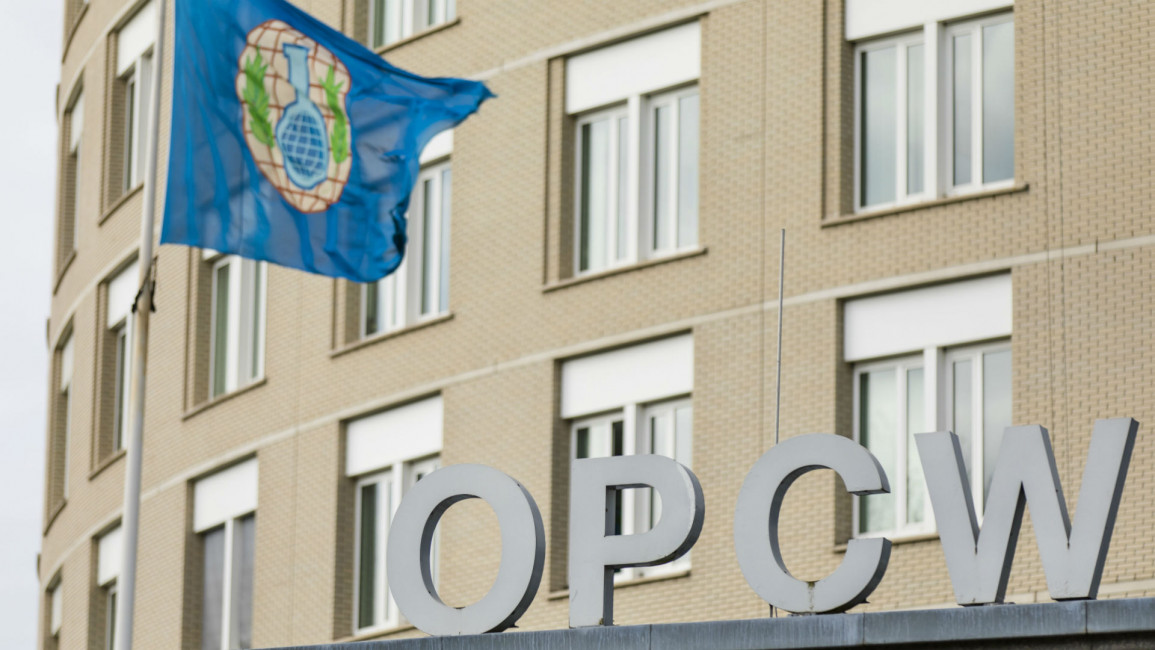Russia 'does not recognise' chemical watchdog's new powers
Russia's deputy Foreign Minister Sergei Ryabkov said on Thursday that Moscow will not recognise new powers granted to a global chemical weapons watchdog by the international community.
The announcement comes after members voted in favour of strengthening the mandate of the Organisation for the Prohibition of Chemical Weapons (OPCW).
Eighty-two countries voted in favour of granting the OPCW new powers with 24 voting against.
Russia was perhaps the most vocal member opposed the UK-led proposal, threatening to walk out of the OPCW in protest.
On Thursday, the deputy foreign ministry said Moscow does not recognise the new powers granted to the chemical watchdog.
"Moscow does not recognise the legitimacy of the new mechanism within the OPCW," Ryabkov said in comments carried by Russian news agencies.
The UK has argued that in order for the OPCW to be effective, its mandate must be extended to allow it to attribute blame for chemical attacks.
Currently the body only has the power to investigate attacks and confirm whether they took place.
UK Foreign Secretary Boris Johnson hailed the watchdog's "crucial extra power, not just to identify the use of chemical weapons, but also to point the finger at the organisation, the state that they think is responsible".
Russia has been strongly critical of the OPCW after a number of deadly chemical attacks in Syria - such as the gassing of Khan Sheikoun village which killed around 100 civilians - were investigated by the body.
Moscow is thought to oppose such probes as they might unearth further evidence that suggest Bashar al-Assad's regime carried out numerous chemical attacks on opposition areas in Syria during the country's civil war.
Syria and its ally Iran have also opposed the OPCW's new powers and suggested that the body could collapse.
The Russian ambassador to the Netherlands Alexander Shulgin - the body is based in the Hague - said on Wednesday the OPCW was "sinking like the Titanic".
He also said Russia could withdraw from the body.
Agencies contributed to this story.



